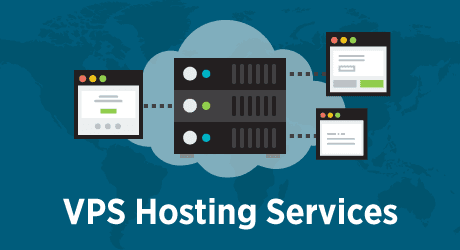Virtual Private Server (VPS) hosting is a type of web hosting that utilizes virtualization technology to create a virtualized server environment on a physical server. Each VPS operates as an independent server with its own dedicated resources, operating system, and configuration. Here are some key points to consider when looking into VPS server hosting:
Check your direct admin VPS here DirectAdmin VPS.
- Isolation: VPS hosting provides a higher level of isolation compared to shared hosting. Since each VPS operates independently, the actions or performance issues of one VPS do not affect others on the same physical server.
- Dedicated Resources: Unlike shared hosting where resources are shared among multiple users, a VPS offers dedicated resources (CPU, RAM, storage) to each virtual server. This ensures more consistent performance and better reliability.
- Root Access: VPS hosting often grants root access or administrative privileges, allowing users to install and configure software, manage security settings, and make customizations to the server environment.
- Scalability: VPS hosting allows for scalability, meaning you can easily upgrade or downgrade your resources based on your website’s needs. This flexibility is particularly useful as your website grows or experiences fluctuations in traffic.
- Cost: VPS hosting is generally more expensive than shared hosting but more affordable than dedicated hosting. The cost varies depending on the amount of resources allocated to your virtual server.
- Managed vs. Unmanaged: VPS hosting can be managed or unmanaged. In a managed VPS, the hosting provider takes care of server maintenance tasks, security updates, and technical support. With an unmanaged VPS, you are responsible for these tasks.
- Operating System Choices: VPS hosting allows you to choose your operating system (OS), such as Linux distributions (e.g., Ubuntu, CentOS) or Windows Server, based on your application or website requirements.
- Control Panel: Some VPS hosting providers offer a control panel (e.g., cPanel, Plesk) to simplify server management tasks, making it easier for users who may not be familiar with command-line interfaces.
When choosing a VPS hosting provider, it’s important to consider factors such as the hosting company’s reputation, customer support, data center locations, and any additional features they offer. Additionally, carefully review the terms of service and the specific resources allocated to your VPS to ensure they meet your website’s requirements.

